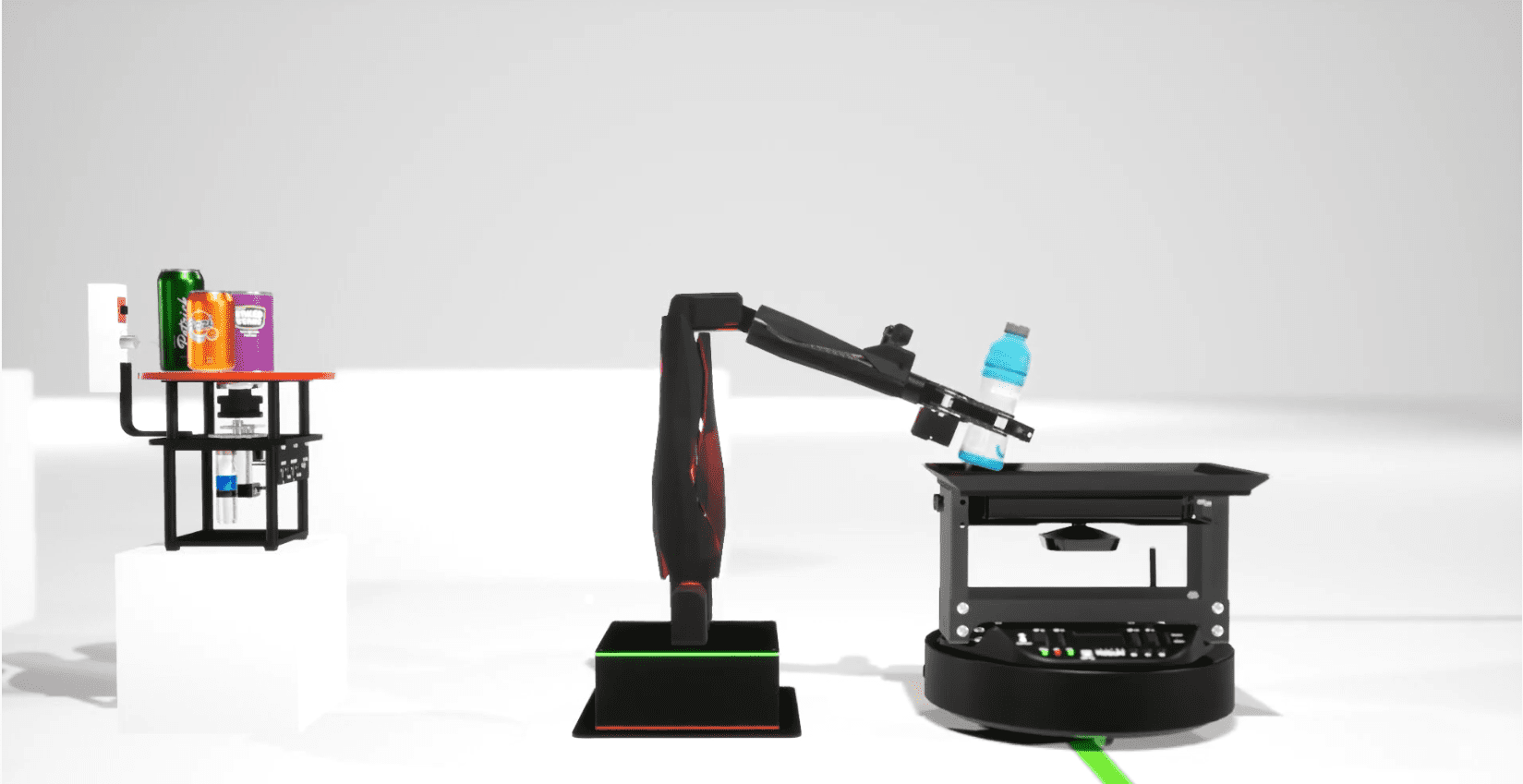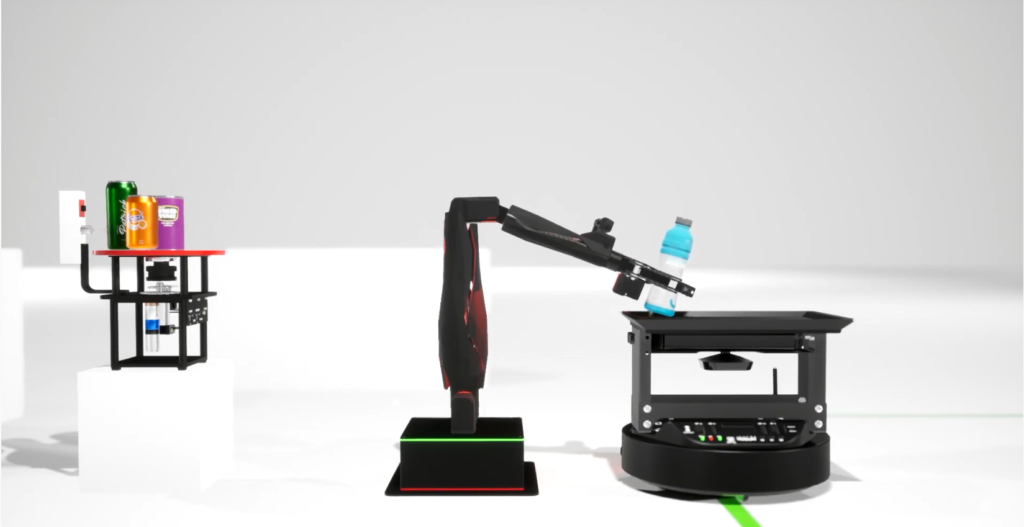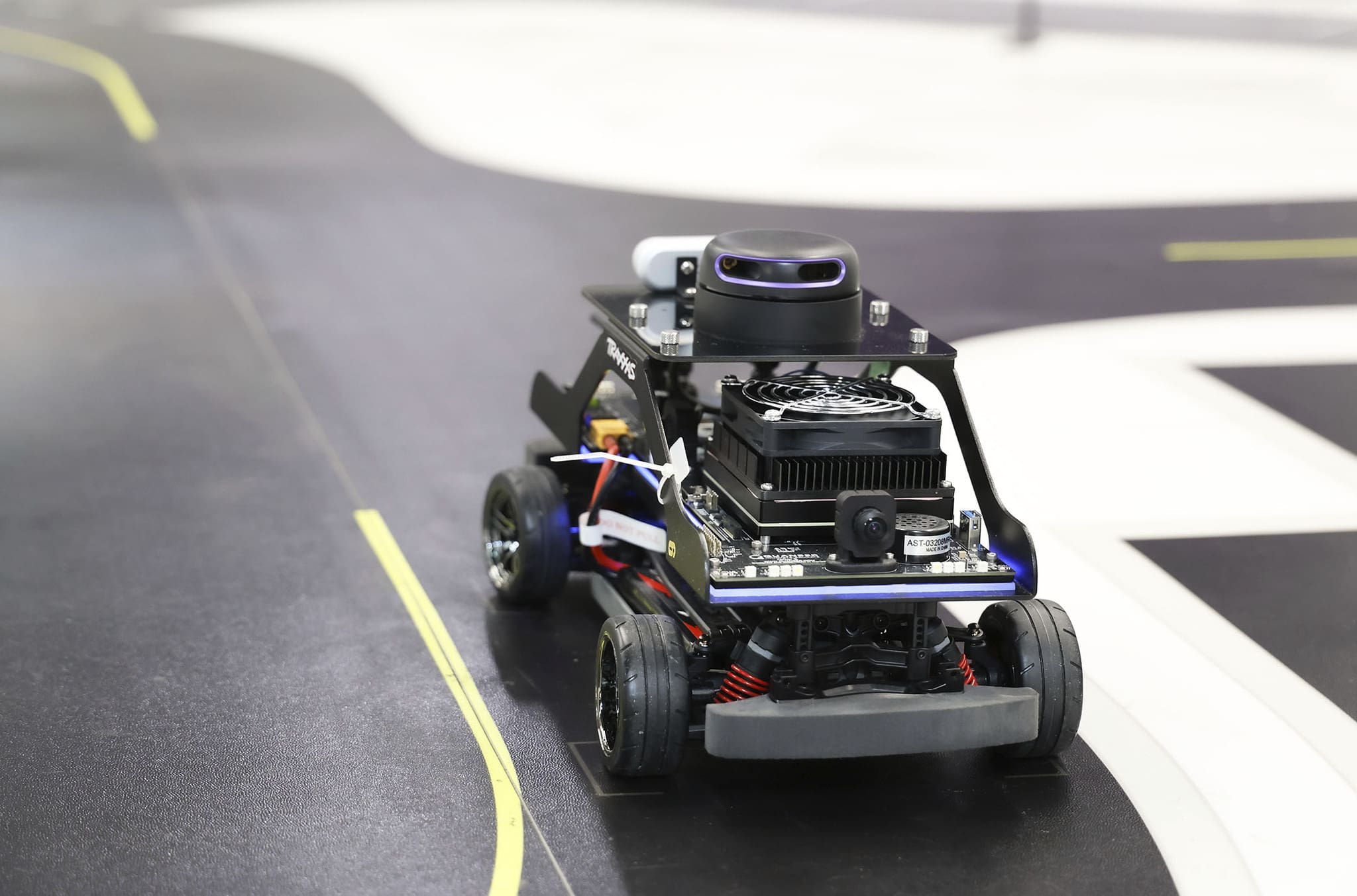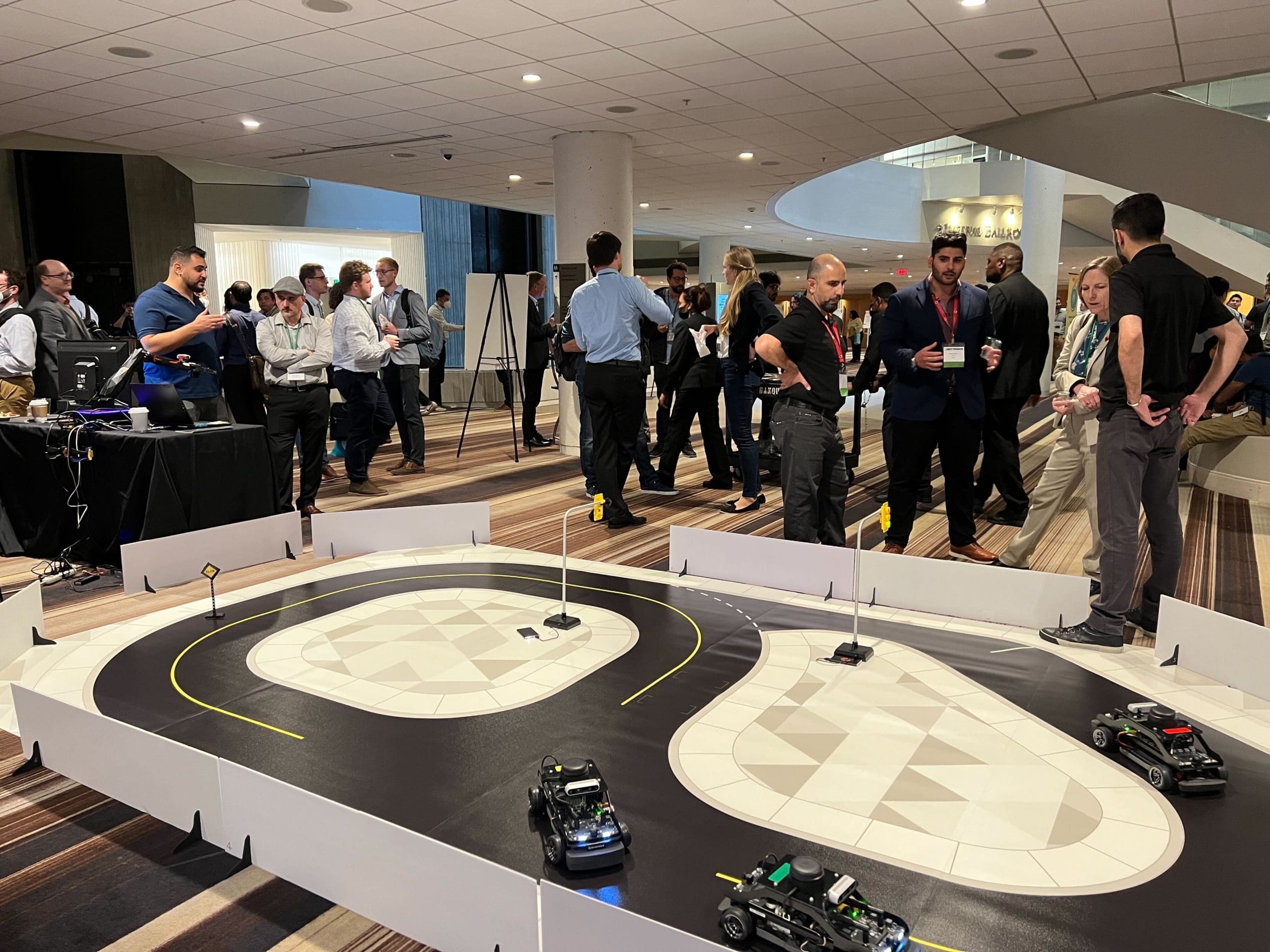
While many universities are just starting to transition and adjust to the world of online teaching, McMaster University is a step ahead. Spearheaded by Dr. Ishwar Puri, Dean of Engineering at McMaster, the new first-year engineering program was “designed from the start to succeed in a virtual setting.”
Transforming engineering education
Today’s complex, integrated systems require engineering graduates with quite a different skillset than two or three decades ago. Engineering programs at the universities are shifting their focus from fundamentals to providing rigorous, academically appropriate hands-on experiences with real-world applications. McMaster University is one of the institutions responding to these changes by implementing a major overhaul of its engineering program. The Pivot, a $15-million initiative, is the most significant transformation of undergraduate engineering education in 61 years history of the University’s Faculty of Engineering. The initiative brings not only changes to the core curriculum but also a new vision of classroom and labs. Filled with project-based learning experiences that help students develop technical and professional skills, they ensure “graduates are resilient, calculated risk-takers who are intellectually curious and unfazed by failure.”
Cornerstone Design project for the first-year engineering students
Starting in Fall 2020, the incoming engineering students will take a completely new, full-year Integrated Corner Design Projects in Engineering course. During the course, they will work on four different design projects, starting with smaller challenges with prescribed solutions and progressing to more complex problems requiring more design thinking, client-focused design approaches, and social consciousness. The project topics span from autonomous vehicles, renewable technologies, healthcare, sustainability, community – all tied to real-life challenges relatable to the new generation of aspiring engineers. These projects aim at enhancing technical competences and creativity of students, help them learn how to work with diverse problem definitions and possible solutions, as well as important business, ethical, cultural, and social considerations.

Bringing together smart applications and effective learning methods
Quanser worked in the past on many projects with similar ambitions. Probably the most recent example would be the WHY Lab at the University of New Mexico. This lab space was designed to answer the fundamental questions about the nature of engineering: what do engineers do, how they do it, and why does it matter. Understanding these premises through hands-on, engaging, and academically-rigorous projects provides a strong motivation for younger students and helps them connect theory to real-life scenarios.
McMaster Engineering’s team recognized these experiences, as well as Quanser’s reputation in developing world-class academic teaching & research hardware and software platforms and expertise in the design of modern project-based and experiential learning curriculum. The skills of the Quanser team perfectly complemented the knowledge of the team from McMaster’s, resulting in “the world’s most advanced and flexible technology and pedagogy platform,” combining modern smart and virtual applications with effective learning into a unique, academically appropriate framework.
Complete, robust, credible, agile, and scalable platform
With The Pivot’s critical goals in mind, the McMaster-Quanser team came up with several projects based on the general smart systems and sustainability themes and centered on a full and rigorous treatment: a robotic sorting and recycling system.
From the start, students are exposed to the entire working system – a rigorous treatment of a technological solution to a real-world industrial problem. But the system is presented in a way that is accessible and appropriate to even younger students.

This smart sorting & recycling system consists of core Quanser hardware, including QBot 2e ground robots, QArm robotic manipulators, Rotary Servo systems, and custom Quanser application software. Together, they operate as a functioning smart system that can identify objects based on their material, pick them using a manipulator arm, and place them on a ground robot to transport them to the appropriate recycling pod.
Students begin by working conceptually at first, then on portions of that system. As their learning continues, it progressively illuminates the components, architecture, and overall functionality of the complete platform.
The fact that the platform was designed for online delivery – with virtual interactive Design Studio, labs, and lectures makes the transition to the COVID-impacted new era of education much easier for the school’s faculty, and can reassure students they will receive the education they deserve.
So, incoming McMaster engineering student, are you ready for the challenge?
To learn more about The Pivot initiative, the McMaster-Quanser partnership, and the innovative projects McMaster’s engineering students will work on, download the whitepaper Transforming Undergraduate Education: Project-based Learning in Engineering Design Course.



